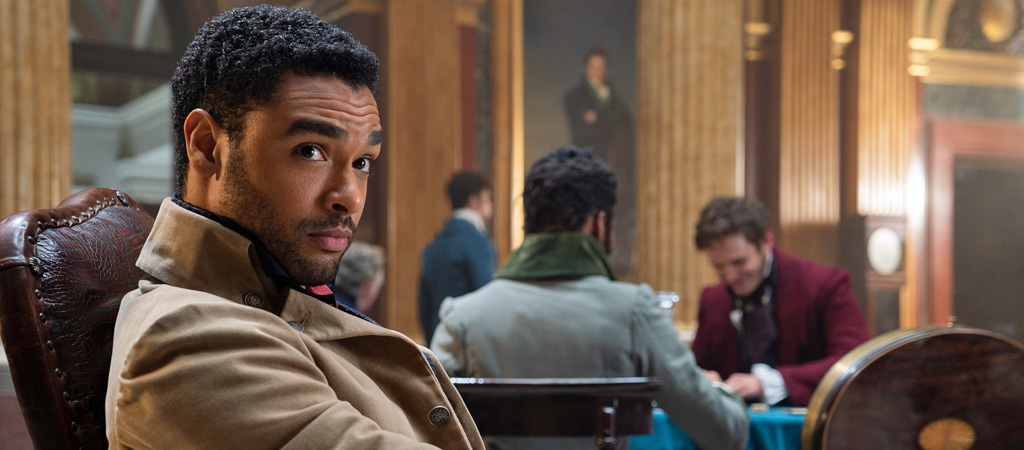
If you watched Bridgerton on Netflix and wished you could find yourself in an immersive, steamy world where virtual members of the upper crust burned for you, well, Thursday brought some intriguing news. You know, kind of.
Deadline reported that showrunner Shonda Rhimes’ deal with Netflix has not only been extended, but expanded in some interesting new areas. Added to her Shondaland production company’s deal with Netflix is the addition of movies, some live events and, interestingly, “gaming and VR content.”
The deal, which extends the multi-million dollar deal she signed in 2017, covers Rhimes, her production company Shondaland and her producing partner Betsy Beers.
In addition to television, it will cover feature films as well as potential gaming and VR content. The deal also includes a branding and merchandise deal for Shondaland, which will add live events and experiences.
This is, we must absolutely stress, not a report indicating that a Bridgerton game is actually in the works. In fact, the report makes no reference to any specific property at all. And the bigger deal here is that Shondaland movies are likely on the way and would be much more possible to actually see the light of day.
But a Bridgerton video game is now technically possible given the reworked nature of her deal. And considering Netflix has been toying with potential forays into the gaming and interactive sphere and reportedly wants to take a serious look at game development, anything is possible. Reports about Netflix entering the video game sphere have persisted for years — with little to show for it unless you count the Black Mirror interactive episode, Bandersnatch.
Other rumblings about an interactive Minecraft story on Netflix and Telltale Games’ development of a Stranger Things title have gone nowhere, the latter company essentially evaporating shortly after that game’s existence was made public. Every major company from Disney to Microsoft has tried to make a splash in gaming, and while some clearly can find success many others never seem to make it work.
That’s because breaking into traditional video games is hard for any company that hasn’t done it before. Plenty of companies own development rights like this and little to show for it. Mostly because developing any kind of video game is hard, takes years of effort and creative production and lots of money for much of that time with little to show shareholders for the effort.
Still, Netflix announced a big swing at developing streaming content based on video game franchises in recent weeks, so a plan to make the inverse happen is also certainly possible for the streaming giant. And the money to throw at a problem like Shondaland games can certainly be there on paper. But making games — let alone good ones, of course — takes a lot more work (and time and money) than some language in a contract.
[via Deadline]
